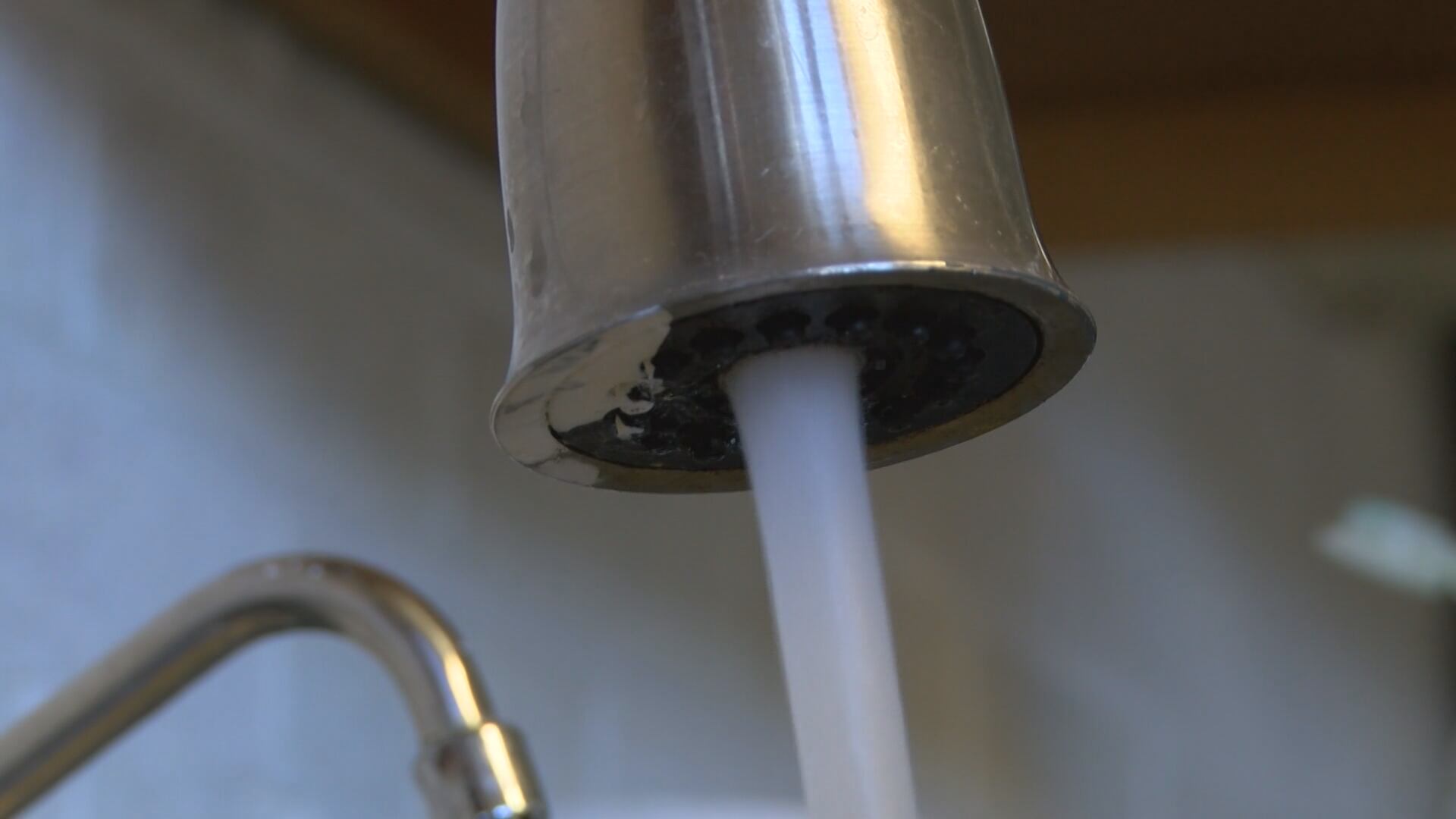‘Shocking’: EPA’s Move to Lift Restrictions on PFAS Contaminants in Drinking Water
OAK ISLAND, N.C. (WECT) – In
an announcement
that could impact people around North Carolina, including many in the southeastern corner of the state, the Environmental Protection Agency revealed Wednesday it’s doing away with some Biden-era limits on forever chemicals in drinking water.
PFAS has been linked to a series of health issues, including various types of cancer. The Biden Administration had previously set the first-ever federal drinking water limits for the chemicals,
which were expected
To lower these levels for millions across the country. However, the EPA’s choice eliminates restrictions on three kinds of PFAS – such as GenX – while keeping standards for PFOA and PFOS, which are less prevalent.
Eight years ago, the people of Cape Fear discovered that poisonous substances had been released into their drinking supply from contaminants located upriver. On Wednesday, the EPA’s actions disappointed environmental supporters across the area, who have long campaigned for stricter regulations.
“The overall agreement is that this was absurd,” stated Emily Donovan, co-founder of Clean Cape Fear, during a PFAS panel discussion held at Oak Island on Wednesday afternoon.
Dana Sargent, the executive director of Cape Fear River Watch, said in a statement the decision incentivizes more PFAS production.
“We need federal and state regulations that stop PFAS at the source, and hold polluters, not ratepayers, accountable,” she said. “Anything else is just smoke and mirrors.”
In their statement, the EPA mentioned they are “dedicated” to tackling PFAS in drinking water while adhering to legal guidelines.
“The work to protect Americans from PFAS in drinking water started under the first Trump Administration and will continue under my leadership,” said EPA Administrator Lee Zeldin in the announcement. “This will support water systems across the country, including small systems in rural communities, as they work to address these contaminants.”
Just weeks ago, the Environmental Protection Agency had
announced a plan
To address PFAS, various measures will be taken, including strategies to prevent these “forever chemicals” from reaching our drinking water sources, collaborating with Congress and corporations to make sure those responsible for contamination cover the costs, and boosting federal investigation and supervision of this matter.
Donovan stated that the EPA’s choice shifts the responsibility onto the community rather than the polluters. Now, utility companies can claim compliance with all federal standards – even though these regulations have become less stringent.
“Beyond being devastating, this is also perilous since we’re discussing public health and individuals’ capacity to handle their well-being,” she stated.
A number of utility organizations in Southeastern North Carolina—such as the Cape Fear Public Utility Authority—have installed filtration systems designed to handle PFAS substances like GenX. However, those that haven’t taken this step must now consider whether they wish to allocate substantial funds towards removing these contaminants such as GenX from their supply—a task that would not be mandated by the EPA’s current ruling—and thereby continue exposing customers to potential risks.
Under the Biden Administration, the EPA had estimated it would cost roughly $1.5 billion to implement new systems, which utilities said would increase residents’ bills as a result.
In an emailed statement, the CFPUA indicated their ongoing support for restrictions on PFOA, PFOS, GenX, and various other PFAS substances. According to the email, the filtration systems put into place “have reliably eliminated all these PFAS compounds from treated drinking water, with levels reaching detection limits or lower since the system became operational in 2022.”
At the PFAS panel discussion, community members gained further insights into these chemicals through presentations by experts. Representatives from both the state health agency and the Department of Environmental Quality were available to address queries.
Martha Johnson, who lives in Southport, was present at the event. She mentioned that after relocating to Southport, four of her acquaintances passed away due to an uncommon form of blood cancer, a situation she suspects might be connected to consuming the local water over many years. This has led her to worry about her personal well-being, describing the EPA’s choice as “disturbing.”
We have lived here for 17 years, and we are unsure about what substances are entering our bodies due to pollution,” she stated. “This truly concerns me.
Jill Smith, who has resided in Oak Island since the 1970s, expressed her disbelief at how officials have yet to completely resolve the problem.
“I can’t believe we’re still discussing Chemours and PFAS,” Smith remarked, expressing shock.



